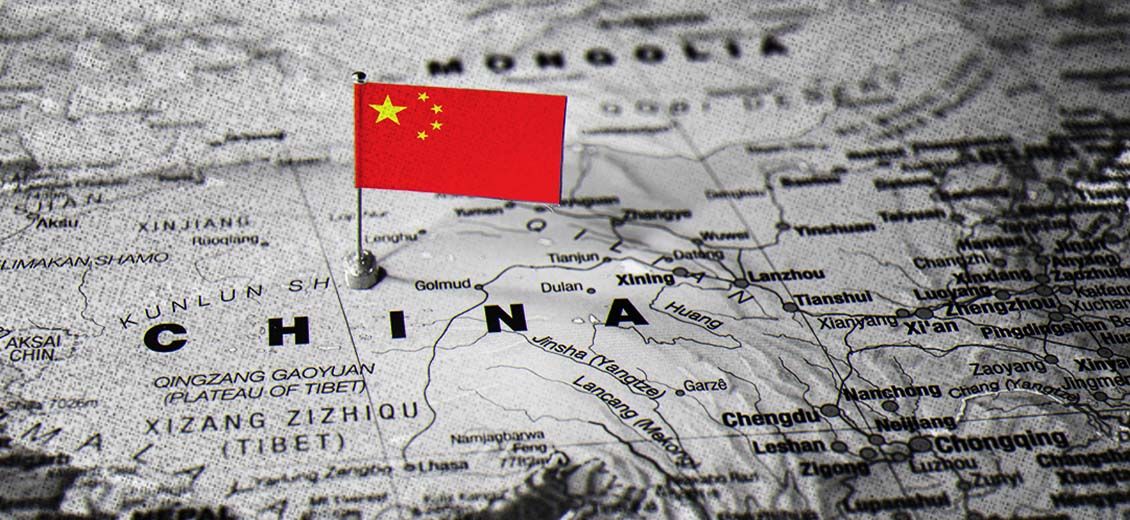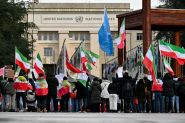- Home
- Middle East
- SQUAD: China’s New Opponent

Whether Vice President Kamala Harris wins the upcoming United States presidential election in November, or former President Donald Trump returns to the Oval Office after a four-year absence, the challenge posed by China will remain a significant concern for Washington. However, the approaches may differ depending on who is in power.
It is now evident that China is the only rival of Washington that wields comprehensive military, political, diplomatic, economic and technological power. Even with its combined military and economic capabilities and advancements in science and technology, Europe cannot compete with the US; nor does it seek to. Europe relies on the North Atlantic Treaty Organization (NATO) for its security, with the US remaining the key and central player in the alliance.
Trump had expressed interest in adopting new strategies for US-China relations, exemplified by his historic handshake with Kim Jong Un across the North-South Korean border, a first for an American president. In contrast, President Joe Biden has taken a more traditional approach, engaging in regular dialogue with President Xi Jinping or fostering the formation of alliances in the Pacific and Indian Oceans to counter and deter Beijing.
The trilateral security pact AUKUS comprising Australia, the United Kingdom and the US, was succeeded by the formation of the Quadrilateral Security Dialogue (QUAD), which included the US, India, Australia and Japan. More recently, US Secretary of Defense Lloyd Austin, along with counterparts from Japan, Australia and the Philippines, launched the SQUAD (Strategic Quadrilateral Dialogue) initiative.
China is wary of these political and military gatherings and alliances, especially as some involve joint military naval maneuvers, sending a clear message that the vast maritime region is not the monopoly of Beijing. This also underscores Washington's unwavering support for its allies, as evidenced by its backing of Taiwan – a region that has long sought to maintain its autonomy and secure its existence. This support remains a significant point of contention between the US and China, which refuses to recognize Taiwan’s independence and consistently threatens to reclaim the island.
The recent US move to establish SQUAD partly reflects India's persistent hesitancy in foreign relations, particularly concerning China. New Delhi frequently opts to avoid direct confrontation, adhering to a “non-alignment” slogan – a policy it pioneered in the 1950s during the height of the Cold War when the global order was divided between the American and Soviet spheres.
While there have been significant and structural changes in Indian foreign policy – evidenced by its shift from historically supporting the Palestinian cause to backing Israel – the approach toward China, India’s major neighbor, remains totally distinct. India cannot overlook the historical and geographical realities that shape its political, economic and military relations with China.
China currently warns against the “Ukranization” of the Philippines, a warning that carries important connotations, most notably the threat of using Beijing's enormous military power, of which little has been revealed. Even harder to ignore is China's competition with Washington in a significant file in the Middle East (which Washington considers its first sphere of influence), namely the Saudi-Iranian reconciliation after years of hostility and estrangement.
The US-China relationship is fraught with security, economic and political challenges – Washington's greatest concern. However, the US has no choice but to recognize that China has become a major international player and to seek the best way to deal with this new reality.
Read more




Comments